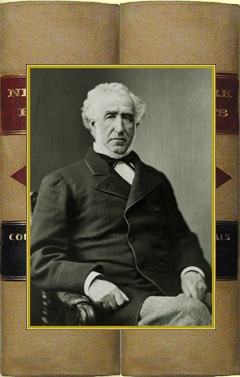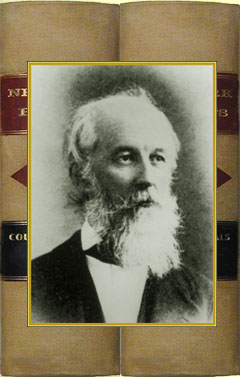
|

(Photograph courtesy of the U.S. Senate Historical Office)
|

|

(Photography courtesy of the Rochester Historical Society)
|







